We fade in as the sun sets. In Hollywood, they call this “Magic Hour.” It’s brief but timeless in that way that so few things are. The first we will see of Nick is a thirty-five-year-old man: some wrinkles, but ultimately boyish. The production company ensnared a former portrayer of superhero sidekicks and sex-obsessed teens. “Nick” is the actor’s chance for emotional redemption, career resurgence, even an awards show run, perhaps. So Nick is now tall, dark, bankable, and far-more handsome than he should be.
But in this world of magic hours he is awkward and pitiable. We know this because his suit is wrinkled. And mismatched. He is only wearing it because it would not fit in his backpack. That lumbering thing pokes out over his head; it contains inside it everything he still wants in the world.
There is a close-up on his feet as they stand an inch from the Welcome mat. His shoes were once nice, but they badly need a polish. Welcome mat or not, this house is not much. It is easily sixty years old, which is old enough for the City not to have any records.
Sofia, the woman Nick has come for, once found an old inspection card in the basement when they were renovating the laundry room. She kept it and admired the faded ink scrawl dating to 1963. She felt an odd, sincere connection to the building inspector who had a problem with the dividing wall for the laundry room. She tried to explain to her husband this weird connection she felt, and how she wondered if the inspector was still alive. If he was, when had he retired? What was he doing now? Did he remember their house? Her husband shook his head; no, he did not understand. She smiled politely and left the room. Three weeks later, alone in the shower, she suddenly and randomly cried about this.
All the camera shows is the Welcome mat, though.
The door opens. It appears empty until we pan down and there is the dark, curly head of an adorable moppet. There is no place for ugly kids in movies.
Nick freezes. He knows now. Now only did Sofia marry, she reproduced. He should have expected this, he thinks, but he did not. He only thought of Sofia as the transient waif, the big-eyed pixie of his youth. The one exempt from the realities of the present. If he had thought to search, he would have found her on Facebook; he would not be as shocked and guileless as he is now.
All the camera shows, though, is his wide eyes and slack jaw. Nick steps off the top step: the pain, the unease, the pure idiocy of his actions spread plainly across his face.
And it fades to black. Because that is what happens when the filmmaker doesn’t know what else to do. And then we’ll get the title, which hasn’t been decided yet, but it will be in a hand-written font perhaps, because this is a personal story. But it won’t be hand-written. Not really. It will be one font selected from a list by an editor and once crafted by a graphic designer at Microsoft who doesn’t even work there anymore.
By now we are fading back in. But Nick is gone. So is the Welcome mat. So is the moppet.
We are in Romania. A titlecard tells us it is “1980.” Two children run through the streets. It is the streets of “Old Europe,” a place that exists as though it were solely the product of fantasy novels and painted postcards. It is supposed to be Romania, but it’s really Prague. The buildings are garish and stone with cobbled streets: all wet after a rain. The cinematographer had a field day. He dreamed of The Third Man, but this was not to be shot in black and white and so he will always feel like something was lost.
The two children run: a boy, a girl. Nick, Sofia. Aged ten. They wear the clothes that years of Oscar-baiting films have led us to believe children wore in second-world countries. The filmmaker pauses to wonder if the Second World truly exists anywhere any more. He knows it once referred to the Communists. Does it now figure as what the label intends: those neither First World nor Third World, but rather that vague untimely grey area in between? Did the phrase now just refer to anyone who belonged on neither a GAP billboard nor a Red Cross pamphlet? Did it just refer to anyone who was neither Us nor Them?
He doesn’t know. At all. When pressed, the responsibility for Sofia’s dress and the cobbled streets and the grey of the skies lies with his production design team, his costume designer, his Art Director, his cinematographer. He knows the costume buyer hunted through old thrift shops on the poor side of town. No room for political correctness when results were demanded.
Ten-year-old Sofia wears a dress: the fabric is rough cotton, the pattern not gingham, not checks, not houndstooth even, but some kind of black and white pattern with squares. It hurts his eyes a little. The dress looks like it was stitched by a mother at a Singer sewing machine sometime in the mid-eighties, working off a Butterick pattern, then left to fall victim to moths and dustbunnies on a creaking rack at a charity shop in the suburbs.
But on Sofia, in the streets of Romania—Bucharest, it is supposed to be—it reflects innocence in a black and white world. To the child Sofia, black and white mean nothing more than the colours on her dress. The world around her is dull shades of grey, even Nick, in his grey gym shorts and grey t-shirt, blends into the street. But she is radiant against the background, her dress pulling her from the monochromatic world. It is far more effective on the eyes than any colour. It seems as though Sofia is the only thing in focus in the entire world on screen.
She is running before him, his little legs flailing to keep up with her. Their giggles pierce the silence soundscape.
Nick is calling after her, his voice still sounding like laughter. In fact, we think it is until a subtitle appears below. They are laughing in Romanian, a language unfamiliar to any western ear.
“Sofie! Sofie!” he cries, “Wait! Wait!”
“Hurry, Nikolae,” she shrieks in return, “Hurry!”
Two kids skipping through Romania. It is not Bucharest they should be in, but Timisoara. But the American audience does not know the difference, and only Bucharest rings with any kind of familiarity.
It is someplace not here. The people are white but they are not western. The Second World: the world that ceased to exist in 1989, leaving a gaping hole in how we understand the structure of humanity.
And thus the narrative cannot move chronologically. Mostly because the filmmaker realized the permeable fabric of time—that time is a fabric full of holes like a mesh lingerie bag—and all we have is memory, not chronology.
Because the filmmaker knows psychology; it was his major. He spent five years in university going through the motions, knowing he would write. Desperately, he tried to understand people so he could write them better. It never did work for him as planned; he sometimes reflected (while staring at the pulpy rind of a discarded garnish, letting the bourbon work its fingers over the knots of his brain) that he should have spent more time watching how people act rather than studying how they think.
Especially if he wanted to write movies.
In movies everyone acts; no one thinks.
But it did give him this: Nick’s imagined history of his own life. The way humans remember time. The distant past is more vivid than the recent past. Later, he claimed his structure is inspired by Slaughterhouse-Five.
Thus, his lead character, Nick, the one in whom he’s placed all of his neuroses and damaged childhood memories, adores Slaughterhouse-Five, and every other Vonnegut along with it. The camera only sees a flashback: Nick in a now-empty apartment, packing his backpack. Slaughterhouse-Five is shoved on top. Nick clings to the book for a reason. It has sat on his shelf for eighteen years with all the other empty promises and broken aspirations.
He will crack open that book when he boards that plane back to Romania, with Sofia beside him or not. Even the filmmaker does not yet know if she will be beside him.
As Nick rises to his feet, he leaves the room. It’s just a small room, a cheap apartment that he will feel no sadness in leaving. He disappears from the room and, as the door closes behind him, the slam jolts us back into another reality.
The screen crackles with faded pictures. They peel back like a blister: old Polaroids stuck in the frame of a gilded mirror. Cracks run in the glass and the Polaroids hang uselessly, their plastic undersides bounce back their reflection, all these little squares of black stuck behind the images.
Sofia’s Polaroid camera was purchased after she and Nick arrived in Vancouver. She bought it with her first paycheque from The Bay. She still has it somewhere even though she hasn’t taken a photo with it for years. By some sick stab of fate, only a few months before Nick arrived on her doorstep, Polaroid announced it was discontinuing the instant film: another piece of Sofia descended into shards of nostalgia.
The camera pans gently across each lost moment of time.
In faded shades of orange and pink, the sun rises over English Bay.
Sofia’s voice rings over the images: “Sometimes I get well into the day, like ten or eleven before I’m convinced I’m actually still alive.”
The yellow sulfur piles on the North Shore look the same in 1992 as they do now.
“I walk to work sometimes, when the bus isn’t too crowded. This is how the days I sometimes think I died in my sleep start. I touch nothing, no one, because sometimes it works out that way.”
The totem poles in Stanley Park: a perfect tourist trap and just as contrived and forgettable.
“I really start to think I’m dead when things don’t happen like they should. An automatic door won’t open until someone else walks up; the hand dryer in the bathroom doesn’t come on; someone cuts in front of me in the hall… all as if I don’t exist. After a while, I started keeping a mirror at my desk just to make sure I still cast a reflection. This is what had been running through my head the day I first met Ted. He sees me. I exist.”
An ordinary street in Vancouver. Sofia told Ted she just liked the look of the stucco houses.
Another one, this one a closer frame, the white side of only one house, washed out by the Polaroid’s imperfect light. Just an ordinary house, she told Ted. But it’s not. She and Nick lived in that basement for nearly two years. Their first home.
“Now every morning, I have Lucy jumping on my bed. ‘At least you know you’re alive,’ I tell myself, ‘At least you know you’re alive.’“
The filmmaker had thought this himself; it is a direct part of his soul that he had given to Sofia like some unholy, unwanted gift.
But it doesn’t make the final cut.
“No voiceovers,” said the producer, “We can get it in a glance.”
The filmmaker keeps projecting: he watches Sofia climb out of bed, pulling up Lucy and passing her over to Ted, still groaning and tired, tangled in the bed sheets, that look on her face of grateful joy. He projects the inner hollow clanging of those empty distant fears collapsing around her, bouncing throughout the shell of her like a pinball. “Am I alive? Am I alive? Is this it? Is this life?”
Perhaps that’s just his projection; perhaps she just looks… happy.
No, that won’t do.
Sofia is not happy. Sofia is haunted—he’s made these notes in his journal—Sofia sometimes wishes she died in Bucharest—sometimes she thinks she did.
The filmmaker cannot really recall his first introduction to the Romanian Revolution of 1989; nor does he recall much of 1989, as he was only six years old at the time. His lack of context means nothing he figures, since his parents were fully formed adults at the time and they recall nothing of it.
Wikipedia helps. The filmmaker edges his First World, middle class guilt to the side of his mind while he creates Nick and Sofia. He does his best to gain context of Romania in late 1989. Romania was the only Eastern Bloc country where change happened with violence, with a revolution, with an execution.
The filmmaker can’t help but read the bare facts and smile in the cinematic romance of it all. He feels a glee he felt when he was told the story of Lenin’s Revolution back in his high school history class. No one died but a Bolshevik in the October Revolution (or so he learned), but 1,104 died in Romania that week (or so says Wikipedia).
Wikipedia told him what happened like a broadcaster tells the story of a football game. It was good for keeping score, but the filmmaker needed to pull out the people who had been there.
Wikipedia said nothing of the families. He saw photos of corpses in morgues. What if they had children? Children nearly grown: children too old to be taken care of but still young enough to get lost.
He wrote of Nick and Sofia.
He wrote of their childhood suddenly yanked from underneath them as their families died. He wrote of them as childhood sweethearts, their places in each other’s hands, their implied promises, their sudden tossing into the world like one dumps old keepsakes from a shoebox.
He wrote of their struggle to find a place in the world, of their fleeing to Canada, of their emotional and legal inability to return to Romania, of the fact they spent eighteen years losing each other as well: each other, the last piece each had of childhood, the last finger each had holding onto home.
The filmmaker wrote this because he was nearing thirty and wished more than anything that someone had dumped him upside down and said “You’re an adult now,” because he had no idea when his childhood ended or how. He just noticed one day it was gone, like a book someone borrowed without telling you but you don’t realize it’s gone until you randomly think of reading it again then can’t find it and inexplicably weep.
The filmmaker’s childhood home is now under a row of condominiums.
It’s a very Canadian tragedy, he thinks, as he tries to distance himself from the experience. Instead, he projects his pain and isolation onto Nick, whom he credits, due to the sheer qualification of having lived through a revolution, as being more worthy of the pain.
But the camera catches none of this: none of the filmmaker’s neuroses, or intellectual bankruptcy, or failed attempts to validate his life.
The camera captures Nick.
Nick’s jacket, from that mismatched suit, hangs off the back of a chair in the kitchen. We have not established the geography of Sofia’s house yet, so we do not know how far into her home she has led him, but they sit on a sofa. At least he does. She hovers. Has she just stood up or is she going to sit down? No one really knows.
The filmmaker wants words on the screen. He knows they should be too scared to speak in depth. But in movies dialogue tells the story and so they must talk. They must talk charmingly and plainly and fantastically. He knows they probably would not really be able to do this, but they must.
“Nick,” she sighs, batting lashes formed over an hour in a makeup artist’s chair, not in a cracked mirror like Sofia would have done.
“Sofia, listen,” he starts, “Please don’t kick me out.”
After a telling pause, she replies, “I wasn’t going to.”
He smiles.
A wide shot at last shows us the room. No one has replaced the wall paper in years, the furniture is worn-in and toys clutter the space. It’s a house, plain and lived-in.
“Sofia,” he continues, “I, I…” he trails off.
“How long has it been, Nick?”
“Ten years.”
“Wow. Already. Where does time go?” She tells it as a joke, a knowing nod to the realization that time speeds up as we age. The actress is wiser than himself, the filmmaker realizes, he pulled it from thin air, as a cliché, something to show the lack of intimacy that ten years has brought to Nick and Sofia. But she delivers the line with an old world-weary self-assurance and a biting dig. Where have you been for ten years? Why have you left me here?! she could be saying.
“Yep,” says Nick, “I can’t believe you’re married.”
She stares at him pointedly: “Yes, you can. You just can’t believe it’s not you I married.”
Sofia feels a pure joy. She’s wanted to say this to Nick since her wedding day. She thought of him every day of her marriage. He never felt gone. She feels like Penelope, but, abandoned and spiteful, she took up with the last suitor. And now Odysseus returned and Penelope wonders why now, of all days?
But all we see is a small threat of a smile as a crossfades takes over. A white stucco house flutters in, looking exactly as it did in Sofia’s old Polaroid. The lawn needs to be mown and watered: patches of thin brown grass intermingle with stringy green weeds in a strange blend of dead and thriving. This is East Vancouver in 1990.
The man living upstairs who will cash their cheques for the next two years stands on the front step, arms crossed over a pot belly. The belly has only been there for about five years; it bloated quickly like a balloon attached to a helium tank. Were he to lose weight, he’d have stretch marks.
The day looks bright; it might be spring or even a cool summer. Sofia steps forward, her lips slowly churning out into a smile. The wind catches her hair, sending a tussle of black waves swirling around her face. As the sun streaks through the soft lens, her hair is not quite black, we realize, just a dark brown with a russet shimmer.
This rusty shine lends itself well to the rusty feel of this old memory.
Her fingers reach out towards Nick. A wave of reluctance passes over his face, but he takes her hand.
“Come on,” she says in Romanian. Their first English lessons will begin only a few weeks from now. They will practice as best they can with each other: the words will form awkwardly in their throats, sounds and shapes of a thousand tongues entwined. The meanings will ramble on endlessly in their brains, like cows in a pasture with no idea of their purpose. The language will eventually take hold in a pidgin mix that for months will only make sense to the two of them like some absurd idioglossia.
Sofia will have been working at The Bay for months with her twisted tongue before she actually feels confident speaking English to anyone besides Nick. Even their landlord, a man whose sentences run no more than three words apiece, will make her feel small.
“Come on,” she repeats.
Nick’s face looks the same as it does when he is thirty-five. This is because as much as movies claim to be magic, they can’t reverse time. The world of facelifts and botox and celluloid youth means nothing, not when Nick is supposed to be under twenty but is actually thirty-five.
They’ve tried. They’ve changed his hair. His clothes are different too. They’ve tried to match them to 1990 without dating them. Nick cannot be a joke in an old tracksuit. Nick is a timeless hero: a forlorn figure the filmmaker can pour himself into. He wears a plain shirt, a dark burgundy that would prove richer had the fabric not faded and thinned with the years. His jeans are slim cut; faded too. Everything is faded, even the film this scene has been shot with.
Sofia smiles again. “Nicolae, come on.” She winks. Her lips are crooked but lovely. They are so dark they leap from her face.
Together, they walk up the front path. The filmmaker chose a close-up on their feet: Sofia’s feet, larger than he would have imagined for a woman intended to be perfect, step along the cracked walkway. Weeds grow between the broken concrete: spindly spires of green; buttercups and clovers. She’s not looking and crushes a small, yellow flower with her step.
The same foot is now tapping eighteen years later against a linoleum floor. A kettle is whistling away in the background. “Do you still take it the same way?”
Her English is strong. Eight years living with a Canadian have done that.
“Da,” he replies, “Vă aduceți aminte?”
Yes, read the subtitles, Do you remember?
Her face stares blankly. The lines the years have given her show themselves. She knows that she still has a bit of an accent. With effort, she can repress it. She can manipulate her tongue into a crude impression of Ted. From Vancouver, his Canadian sounds nearly Californian at times. She hides her accent from customers at The Bay, from other parents on the playground, and from the less refined of Ted’s relatives.
She hides it now. “Yes, I remember.”
As she turns to pull some mugs from the cupboard, the filmmaker watches her move so stiffly. He knows Nick’s words have worked their way into her muscles, tightening and tensing them. Sofia has been uneasy from the moment she saw him standing on the welcome mat, but somehow it’s much worse now that she heard their language.
She hadn’t spoken it in fifteen years, the filmmaker knows. Not since she last spoke it with Nick. As she spent so long learning English, a part of her wondered if, with each new word that formed in her head, a word of Romanian would forever be gone. She’d done nothing to try to hold on to them; at times she even thought they were never coming back.
It is not the language of now; it is not the language of purgatory, English is.
It feels wrong running into her ears and draining down through her body. It soaks through every pore: the way she can feel Nick’s mouth making the words, the way she can see them spelling themselves out in the air, the way she feels her head vibrate with memories shaking themselves free of the confines she’s kept them in. Sofia can taste the words: listless and bittersweet.
“You speak so well,” he offers, the knees of his suit fresh with sweat from the palms of his hands.
She does not look at him. “So do you.”
Two mugs land heavily on the tile countertop: ceramic clacks against ceramic in a way that brings images of a broken plate into her mind.
They outfitted the white stucco house with thrift store castoffs. Stoneware plates from the seventies are set gingerly into the clean side of the kitchen sink, soapy froth sliding down in search of the drain. Nick’s hands, puckered and pink, reach in and grab it.
Their kitchen is small and barely distinguishable from the living room. The filmmaker knows that the sparse collection of furniture threadbare and rickety had been left behind by previous tenants. The wobbly table is covered by a layer of melamine and a dozen plastic bags.
Sofia is humming to herself; her arms are stuffed in the sink up to her elbows.
Nick runs a tea towel over the plate then slides it into the cupboard. Two identical plates are already in there and nothing else.
Dropping the last plate into the clean side of the sink, Sofia pulls the drain. As she turns to Nick with the murmurings of a cheeky grin, her wet hands fall in unison upon his chest. He jumps back with a laugh and two fresh handprints on his burgundy shirt.
“What are you doing?!” he shrieks in Romanian.
She only laughs, which sounds the same in every language.
As he steps back towards her, leaning in for a kiss, the plate slips from his hands, falling to the ground.
But he kisses her anyway.
And it feels as though the plate was in shards before it even hit the floor.
Now Sofia passes a mug of tea to Nick. The gesture carries with it an insincere formality. She has handed mugs of tea to grandmothers and co-workers and strangers with the same kind of rigidity. The mug holds the lacquered shell of an Ikea catalogue. She has eight identical ones in the cupboard. They are the mugs reserved for guests.
Sofia’s mug was a gift from Lucy last year, picked from the shelves of Hallmark, gilded with sentimentality and saccharine intent. As Nick sits awkwardly on the couch, Sofia has yet to find a seat. She leans against the kitchen table instead.
Her eyes flit to the lumbering backpack. “So, where are you going?”
The filmmaker knows a dozen words are passing through his mind, scrolling through like entries in a thesaurus: the airport, abroad, Europe, the old country, Romania, Bucharest. He stares solidly at her while deciding how to answer.
“Home.”
Sofia pulls out a chair and falls into it.
“I see.”
“You’re wondering why, aren’t you?”
She nods.
“I don’t know, Sofie, I don’t know.” Her fingers twitch around the mug with the sound of her name.
As the filmmaker watches their eyes study each other carefully, Sofia’s trailing over the ripples of the fabric of his clothes, Nick’s over every line on her face.
The filmmaker does not close his eyes to dream.
And there, as Nick’s eyes take in this small patch of Sofia’s skin: that tiny spot on her neck, where the slope into her shoulders begins; the camera lingers.
And lingers.
She breathes. We can hear the sigh: the purity and innocence simultaneously cast down with the weight of the evening, no – the weight of the last eighteen years.
So simple but so melodramatic, the filmmaker thinks as he puts works to paper: “A weighted sigh.” But the actress, she nails it. It is everything he felt in Sofia.
It is beyond words, something he realizes either speaks to his profound lack of ability or to the true profound nature of this moment: this sigh as it exists.
Can a sigh encompass all that? All his frustrations and joys, all of himself? All of Sofia? All of Romania? All of 1989?
Can a film?
Sofia’s sigh as Nick watches her breathe is a moment of fiction and he thinks of truth. What truth ever existed in there? Did it lose itself or was it created? Did it begin then fade with each layer of retelling or did it never exist then was slowly given life?
The filmmaker does not know. Nick does not know. Sofia does not know. No one knows how it will end.
And so it does not. It does not end. It only stops. We cut to an image of a sunrise, as promised. The screen fills with those beautiful solar flares, at once natural, silent, and again a stark reminder of the screen before us.
And then we fade to black.
The credits roll.
Originally published in WomenArts Quarterly Journal, Volume 3, Issue 5, July 2015 and Quarter Castle Chronicles, Volume One, September 2015.


























































































































































































































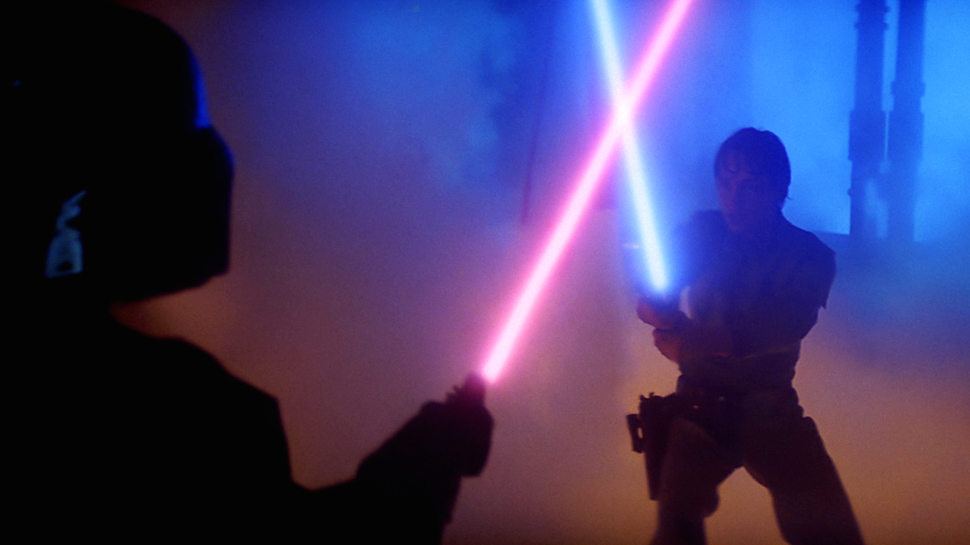

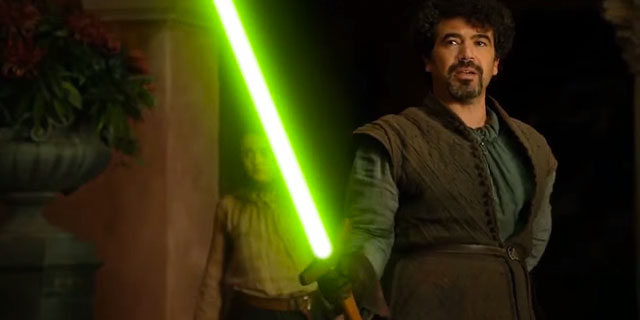
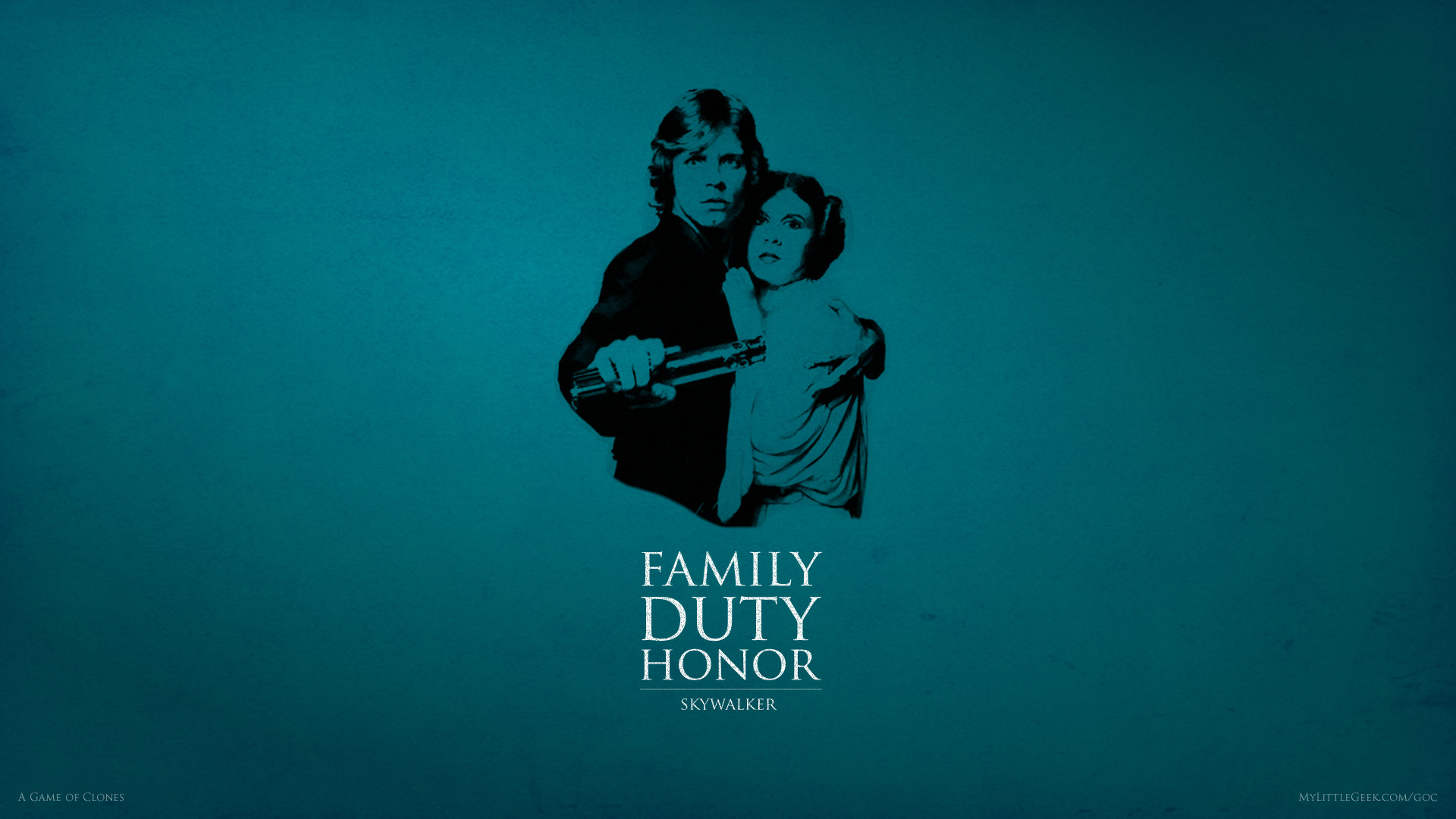
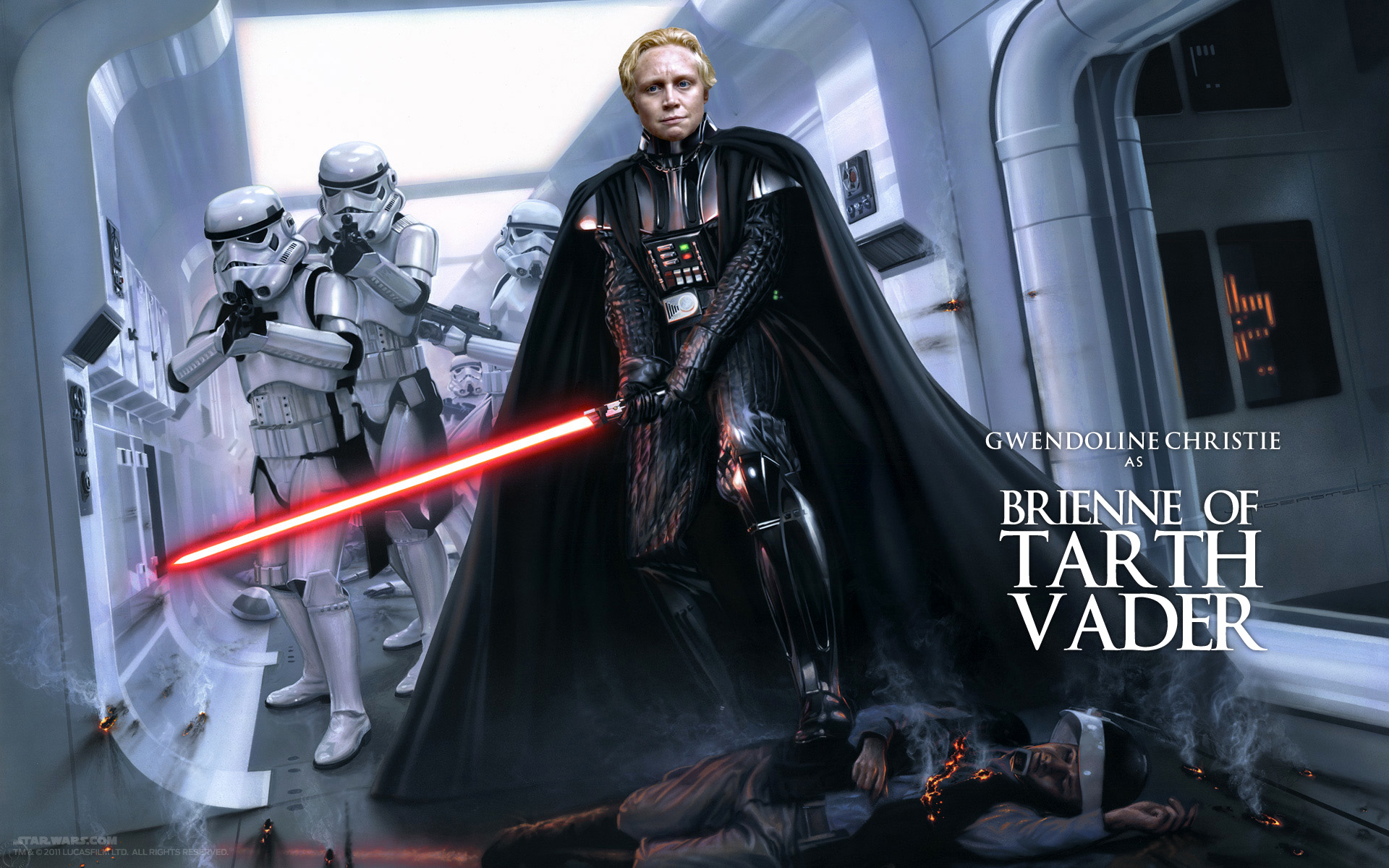

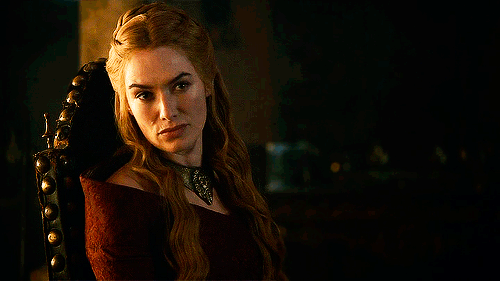
































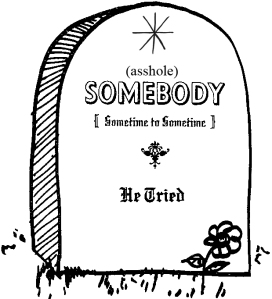 Eight rules for writing fiction:
Eight rules for writing fiction: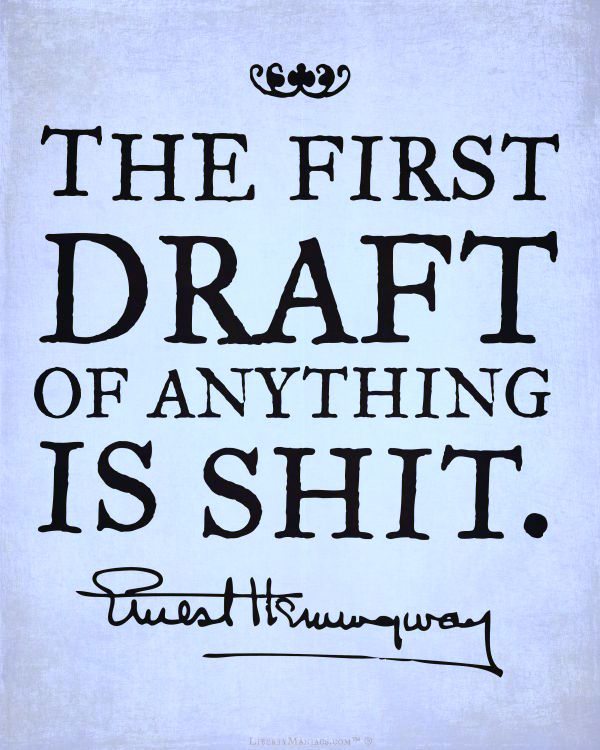







 So what I ended up doing was trying to figure out three texts for each realm/genre as I want to showcase it that I would use as three points of a triangle of the genre, with the intersection between then being what I was aiming for.
So what I ended up doing was trying to figure out three texts for each realm/genre as I want to showcase it that I would use as three points of a triangle of the genre, with the intersection between then being what I was aiming for.





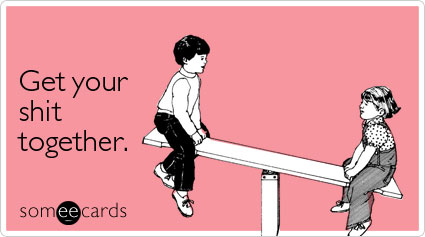
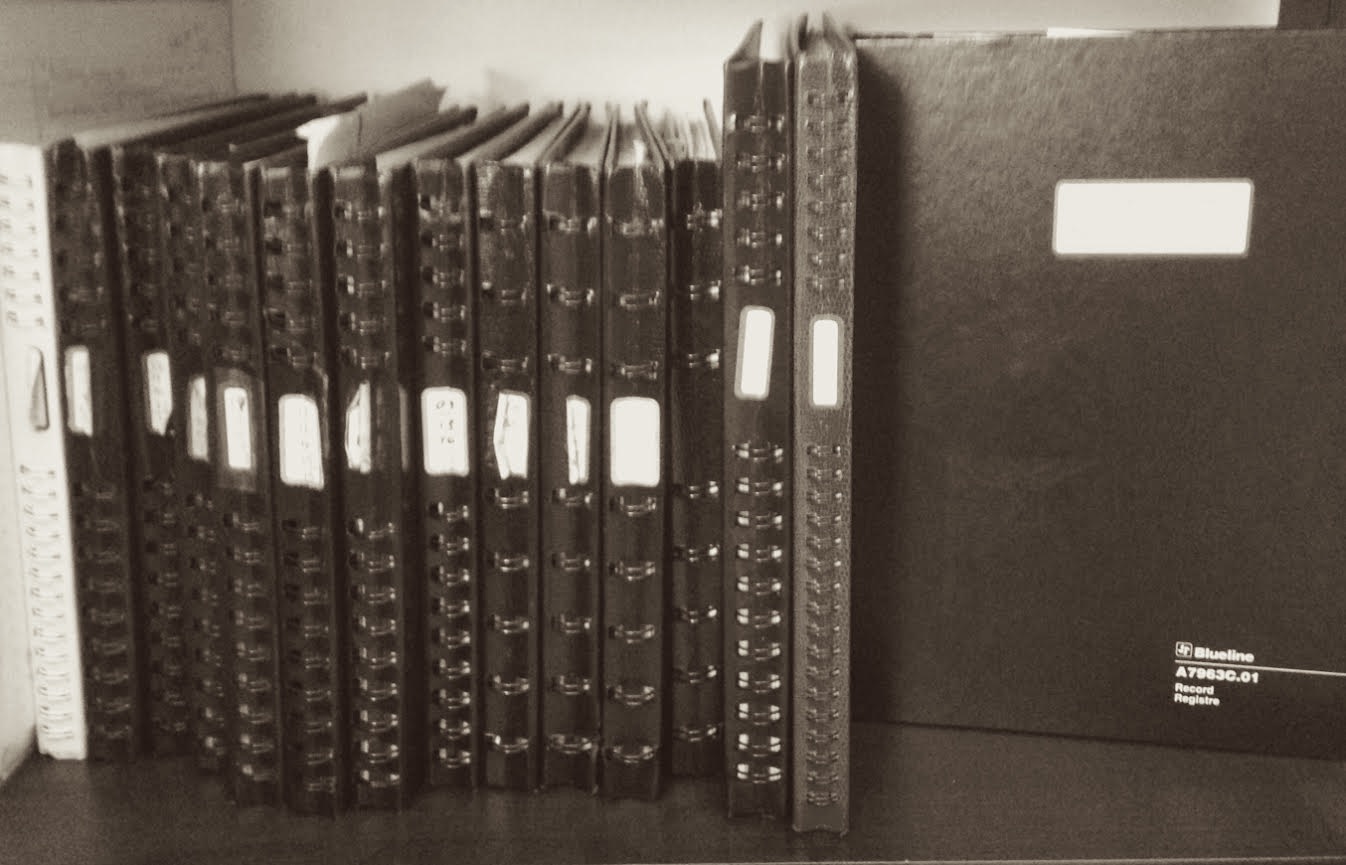
 This piece was a little bit of both. I thought I was finished. No one would publish it. I did some more work. Then I hit a wall, sat on it. Eventually, I read it over again and went, “hey, it’s perfect the way it is.” And still no one wanted to publish it. I sent out several submissions, got back a lot of rejections and a lot of nothing.
This piece was a little bit of both. I thought I was finished. No one would publish it. I did some more work. Then I hit a wall, sat on it. Eventually, I read it over again and went, “hey, it’s perfect the way it is.” And still no one wanted to publish it. I sent out several submissions, got back a lot of rejections and a lot of nothing.



